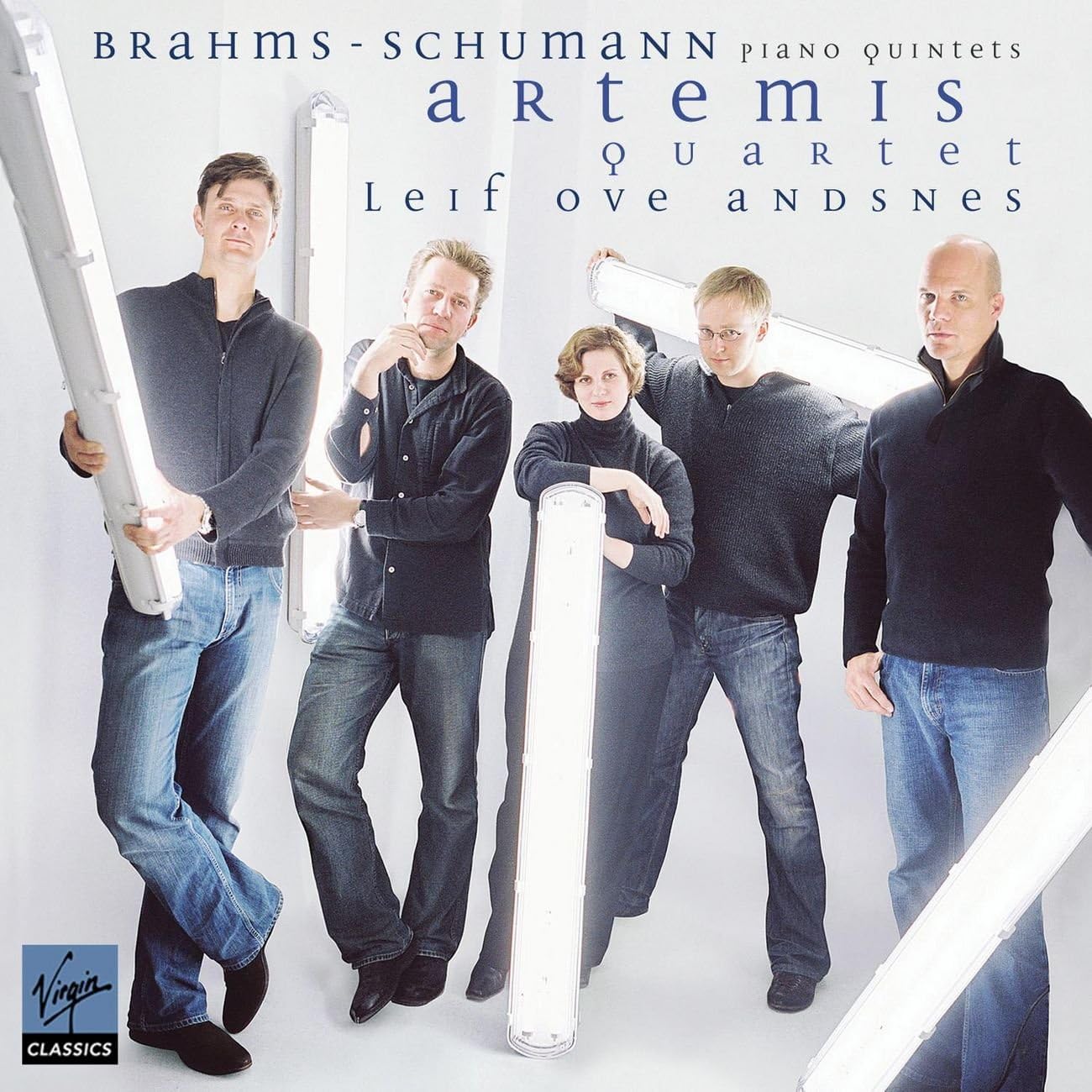- Welcome to GMG Classical Music Forum.
Recent posts
#91
The Diner / Re: Christianity vs Earth, the...
Last post by Todd - November 27, 2025, 01:11:21 PMQuote from: SimonNZ on November 27, 2025, 01:10:13 PMWould there be anything other than default snark and mockery waiting no matter what I turned in? Hmm?
Yes, if you could successfully answer the question. You cannot.
#92
The Diner / Re: Christianity vs Earth, the...
Last post by SimonNZ - November 27, 2025, 01:10:13 PMQuote from: Todd on November 27, 2025, 12:58:58 PMI did give you a test in the prior post. You failed. As expected.
Would there be anything other than default snark and mockery waiting no matter what I turned in? Hmm? If I had the world's leading authority post under my name wouldn't your immediate reaction be an insultingly casual dismissal?
#93
The Diner / Re: What are you eating?
Last post by DavidW - November 27, 2025, 01:02:57 PMQuote from: Kalevala on November 27, 2025, 10:19:33 AMI winged it and made some soup (trying to use up some things in my refrigerator): Basically, a carrot soup using some orange carrots (also have some other "rainbow" ones), a small fennel bulb, onions, olive oil, some garlic, some butter, vegetable stock, salt, and a few red potatoes...and I think that was it. Oh! I also added some grated ginger and some grated turmeric (plus a bit of dried). I cooked it and then puréed it in a blender (had to add a bit of water). I enjoyed it (finished it last night) and gave some to a friend--who said that they also really liked it. And so, am thankful.
K
My Thanksgiving dinner was ham, sweet potatoes, and green beans with cashews.

#94
The Diner / Re: Christianity vs Earth, the...
Last post by Todd - November 27, 2025, 12:58:58 PMQuote from: SimonNZ on November 27, 2025, 12:40:43 PMYou want me to give me a test and have me take it? That's something you would never do.
I did give you a test in the prior post. You failed. As expected.
#95
The Diner / Re: Non-Classical Music Listen...
Last post by 71 dB - November 27, 2025, 12:53:49 PMOn Spotify:
Cock Robin - Cock Robin
Cock Robin - First Love/Last Rites
I while ago I bought their 2nd album After Here Trough Midland which I have liked a lot. Now I listened to the first and third albums again to make my mind if I want to try and buy them too. Well, these are "nice" albums, but in my opinion After Here Trough Midland is better. I feel like it is enough for me from this group. I can of course check out their newer releases, but I have been after 80s pop style.
Cock Robin - Cock Robin
Cock Robin - First Love/Last Rites
I while ago I bought their 2nd album After Here Trough Midland which I have liked a lot. Now I listened to the first and third albums again to make my mind if I want to try and buy them too. Well, these are "nice" albums, but in my opinion After Here Trough Midland is better. I feel like it is enough for me from this group. I can of course check out their newer releases, but I have been after 80s pop style.
#96
General Classical Music Discussion / Re: On-line Stores & Sellers
Last post by Madiel - November 27, 2025, 12:45:41 PMQuote from: Kalevala on November 27, 2025, 07:29:53 AMHow is the pay for being a PM?
k
Leading a country pays REASONABLY well.
But also his wife is a millionaire.
#97
General Classical Music Discussion / Re: What are you listening 2 n...
Last post by Linz - November 27, 2025, 12:44:41 PMAnton Bruckner Symphony No. 3 in D Minor, 1890 Thorough revision Bruckner with Joseph and Franz Schalk Ed. Theodor Raettig
Orchestra of the Hanburg State Theater, Eugen Jochum
Orchestra of the Hanburg State Theater, Eugen Jochum
#98
The Diner / Re: Christianity vs Earth, the...
Last post by SimonNZ - November 27, 2025, 12:40:43 PMQuote from: Todd on November 27, 2025, 12:25:34 PMYou have no idea at all what I have considered on this topic. Based on your posts, you have spent far less time reading about it and considering it than I have.
"Incorrect".
As for the other stuff I'll give another Todd reply: I have elaborated on this somewhere in my posting history. Go through all my posts and see if you can find it. (Hilarious, right?)
You want me to give me a test and have me take it? That's something you would never do.
#99
The Diner / Re: Worst looking CD/LP artwor...
Last post by 71 dB - November 27, 2025, 12:35:20 PMQuote from: JBS on November 22, 2025, 01:25:38 PMI have this CD, and have never been able to figure out why they're posing with fluorescent ceiling lights.
I assume they were battery powered, since there's no sign of external power source.
(H/T @André )
This artwork could actually look cool if they were in an otherwise dark room those ceiling lights being the only source of light. Also, the font and the large caps between the letters don't work here.
#100
General Classical Music Discussion / Re: What are you listening 2 n...
Last post by 71 dB - November 27, 2025, 12:28:24 PMJ.S.Bach - Chromatic Fantasia and Fugue / Partita No. 4 / English Suite No. 3
Lisa Goode Crawford, Harpsichord
Naxos 8.572309
Lisa Goode Crawford, Harpsichord
Naxos 8.572309

